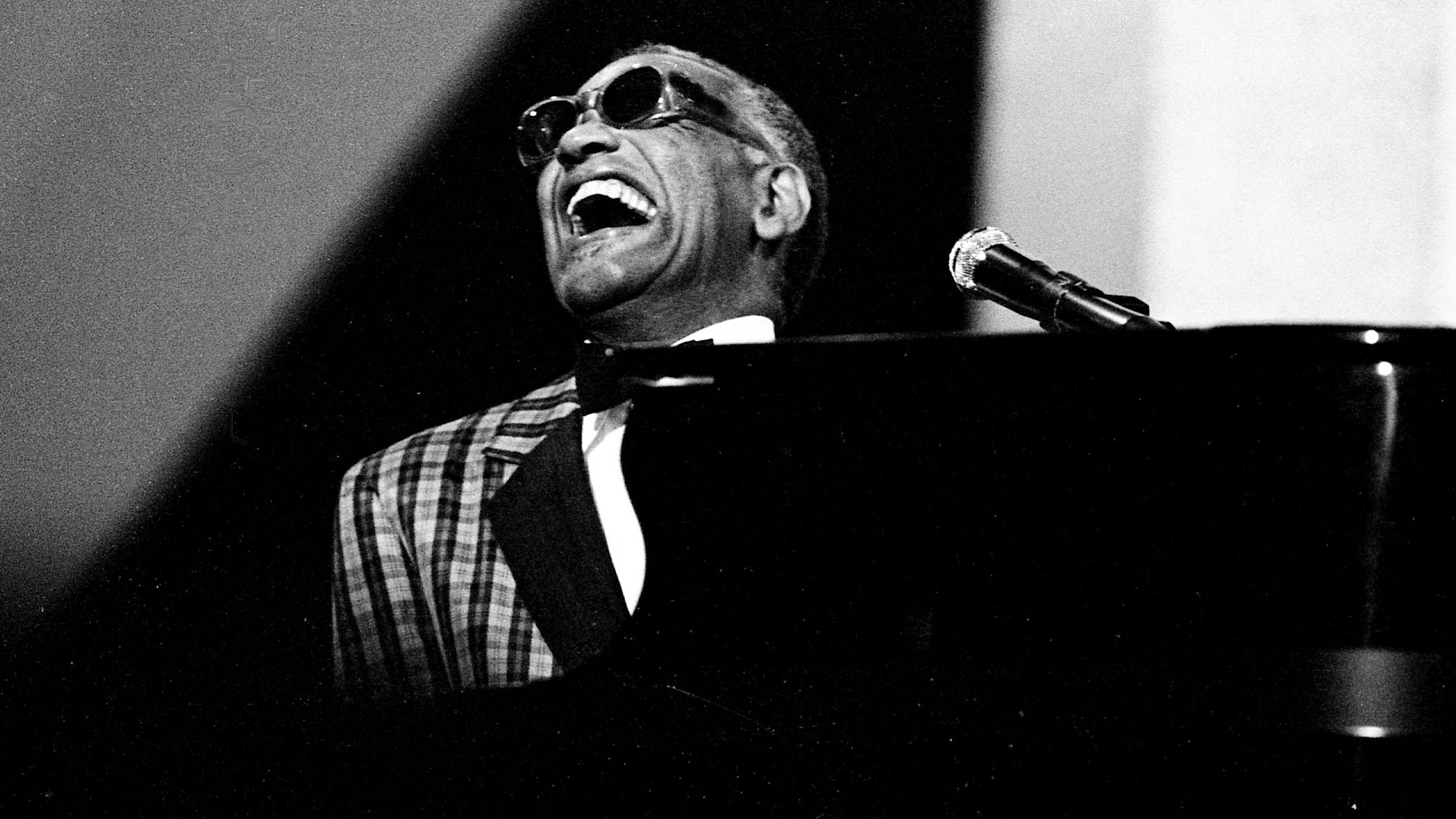Charles joins as the annual Veteran Era artist, while The Judds receive the Modern Era Artist medallion.
“Modern Sounds” delivered stories penned by country giants Hank Williams, Eddy Arnold and Don Gibson through Charles’ filter of smooth pop arrangements and an unquestionably soulful performance.
“When Ray did ‘I Can’t Stop Loving You,’ that was probably the time when country music was heard by more people than ever before,” Willie Nelson told The Tennessean in 2006.
But Charles would get his due in Music City.
Charles covered “Ring of Fire” on his 1970 album “Love Country Styles,” one in a number of creative stops with country music that followed “Modern Sounds.” In 1984, Charles released “Friendships,” a duets album with famed country singers including Haggard, Cash and Chet Atkins with George Jones.
While Naomi worked as a nurse at a Franklin hospital, a chance encounter with producer Brent Maher eventually led to a deal with RCA Records in 1983.
The duo parted ways in 1991, but have had occasional reunions over the years, including an extensive farewell tour in 2010-11.
“I’m kind of sitting there going, ‘Oh, this is the point in my career where the Lifetime Achievement stuff is starting to happen,’” she said.
“I felt neglected…So to all of a sudden have somebody saying, ‘Hey, wait a minute.
Raised in a military family that moved from California to North Africa and, at one point, Nashville, Bayers began his musical exploration behind piano keys.
The Jersey shore would be one in a number stops before Bayers found himself in Nashville.
He eventually connected with producer Paul Worley for commercial music production work that led to the pair opening a Nashville recording studio, the Money Pit.
His calendar also filled with sessions from famed rock artists — Bob Seger and Elton John, to name a few.
“When you were known to be on specific successful records, then other people wanted to book you on their sessions,” Bayers said.
The Country Music Hall of Fame honored him a decade ago as one of the “Nashville Cats,” an elite group of tenured studio musicians who provided a backbone to Music City’s most celebrated export.
And Drake — perhaps more than any other “Nashville Cat” — was a bridge between country and many vital rock and folk artists of the 1960s and ‘70s.
The ripple continued when Drake produced “Beaucoups of Blues,” a 1970 solo record from Beatles drummer and noted country fan Ringo Starr.
“Those guys were special,” Rose Drake said.
